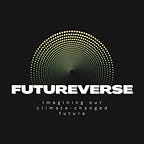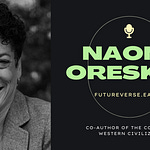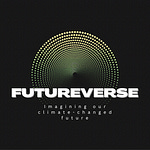In the latest episode of Futureverse, Molly Wood and Ramanan Raghavendran interview acclaimed author, TC Boyle. Often called the “Godfather of Climate Fiction," Boyle has penned 31 books and more than 150 short stories with an impressive career that has spanned over four decades.
The conversation dives into the climatic and biological challenges facing our planet and how they provide both a warning and an invitation to consider the permanence of life amidst human-induced environmental changes.
Boyle shares the inspirations behind his environmentally driven novels, demonstrating the profound influence of nature in his life and writings. He shares excerpts from his latest novel "Blue Skies," and the broader implications of his narratives for our planet's future.
The full transcript is available by clicking above. This episode is also available on Apple Podcasts and Spotify.
Highlights
[01:33] Boyle's obsession with our relationship to the earth as an animal species
[04:13] The current state of climate change and the need for hope
[06:56] The evocative descriptions of weather and climate change in Blue Skies
[10:40] The significance of bugs and their impact on the food chain
[17:25] Using satire and humor in addressing climate change
[22:24] The role of love in motivating people to act on climate change
[26:53] The burden of consciousness
[28:07] Boyle’s upcoming novel













